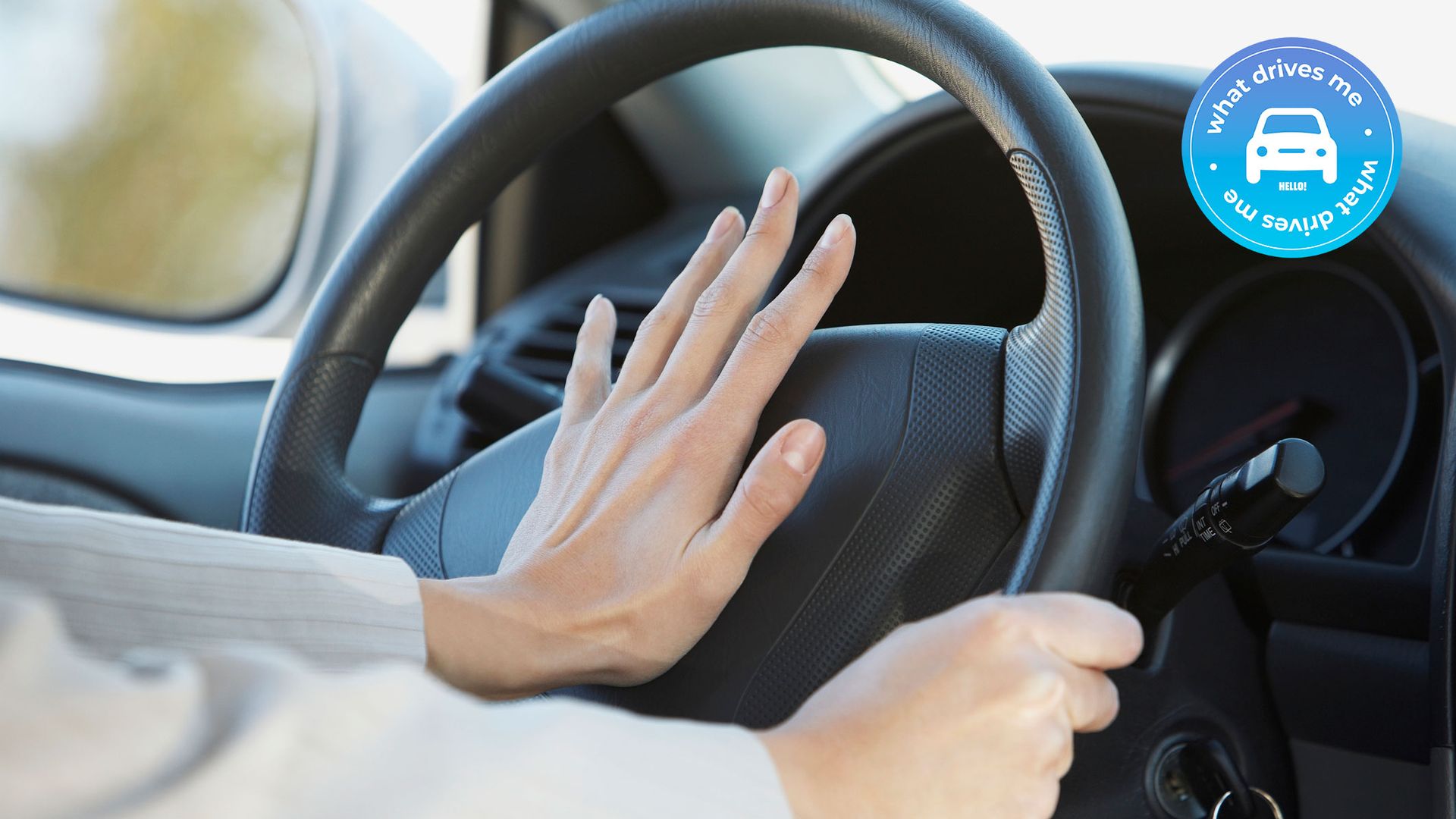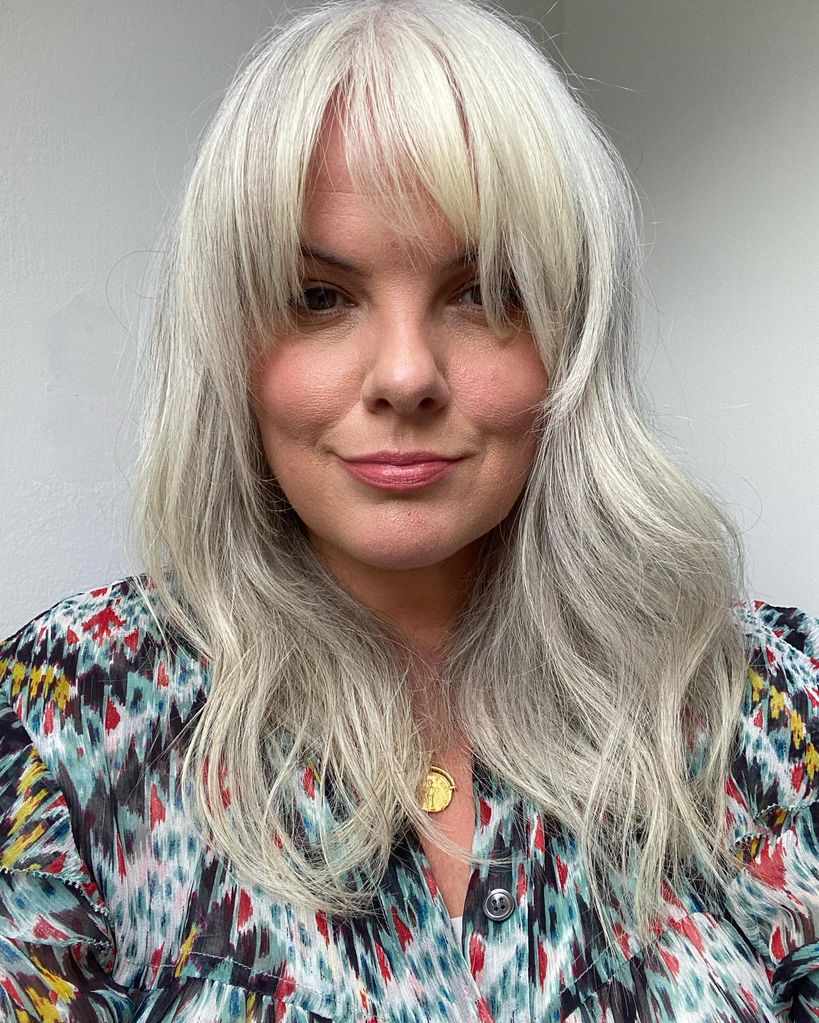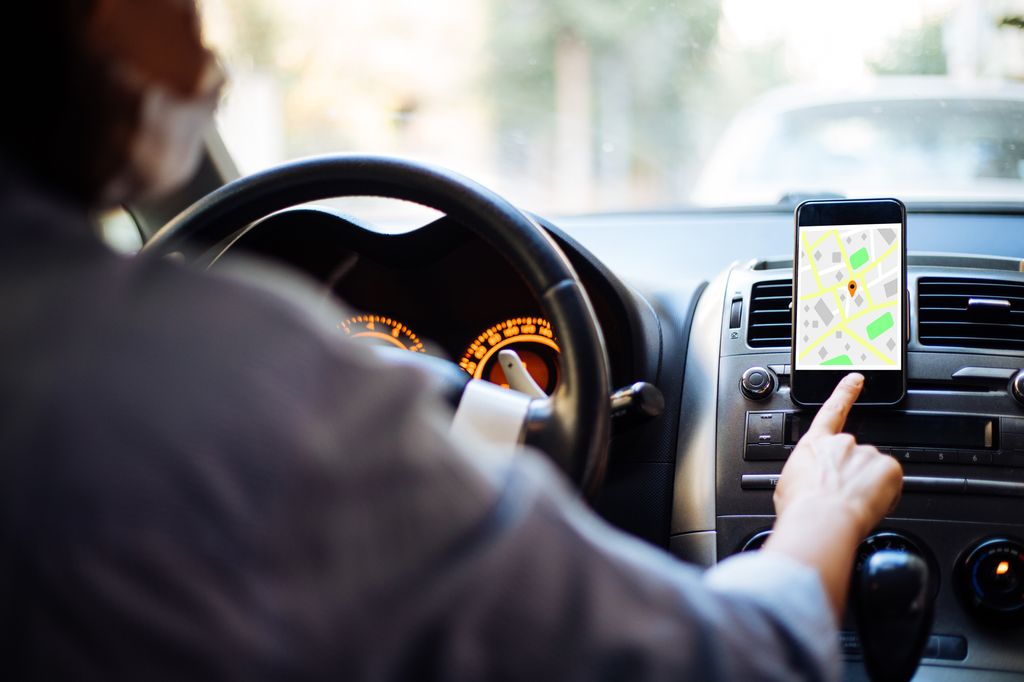While it was once a taboo health topic, conversations around the menopause and perimenopause have thankfully opened up over the last few years. Whether it’s celebrities telling their stories (thank you Davina McCall!), our workplaces launching menopause initiatives or even just our friends and family not referring to it in hushed tones as ‘The Change’, we’re all more comfortable and confident about what goes on with our bodies at this time of life.
However, for every obvious or much-discussed symptom, irregular cycles and hot flushes I’m looking at you, there’s also a host of more unusual or unexpected effects, including for me, a paralysing fear of driving.
I had my first driving lesson on my 17th birthday, passed my test first time, and had since then confidently driven everywhere from Cornwall to Glasgow and was unfazed even by central London traffic. Until I hit my early 40s.
It started as a minor reluctance to drive at night but soon grew into full-blown panic over even short distances. As well as feeling nervous, shaky and scared whenever I prepared to drive I’d also have anxiety dreams about driving where I forgot what to do with my arms and legs or the vehicle floated up into the air leaving me totally out of control.
When I told friends about this they assumed I’d had a crash or witnessed an accident but there was nothing that seemed to cause this and wasn’t anything I’d experienced before.
I put it down to work stress and thought it would go away on its own until one day I had to return a hire vehicle to a centre a few miles away. My partner had been doing all of our driving but he was away and it couldn’t wait. It took over 40 minutes of me sitting in the stationary car to build up the courage and I then drove at twenty miles an hour the whole way, gripping the steering wheel so hard my knuckles turned white.
When I got out of the car I burst into tears and knew I had to do something about this worsening situation. When I got home I started researching driving phobias and was surprised to come across a number of articles linking driving anxiety and the menopause. At 44 I was experiencing a number of other peri symptoms so it made sense that this might be another to add to my list.
I consulted Dr. Fionnuala Barton, NHS GP and founder of private menopause clinic The Menopause Medic, who told me it was a symptom she was used to seeing: "This is a VERY real and common symptom of perimenopause and confirms what we already know that although the primary change in perimenopause/menopause is gynaecological or ovarian in origin actually so many of the symptoms that are most troubling are a result of the impact of those sex hormone levels on the brain.
"In my clinical experience, most patients who find themselves fearful or phobic of driving feel much more comfortable and confident with HRT."
I was reassured by the fact that it’s a symptom common to many women, but at 44, I’d like to hold off for a while before taking replacement therapy so I decided to ask Psychotherapist and Anxiety Expert, Kamalyn Kaur, for her advice too. "Menopause is a time of hormonal fluctuations, which can lead to a range of physical and emotional symptoms,” she explains, adding: “These changes can be overwhelming and often lead to anxiety, resulting in everyday things feeling more difficult and challenging than usual.
"As time goes on, these daily occurrences begin to take a toll on self-confidence. It is therefore not uncommon for women, during menopause, to develop a fear of driving; a fear of delivering presentations; fear of socialising; or a fear of losing control.’ So far, so familiar but what can we do about it?"
Kamalyn suggests a number of tips all of which I’ll be putting into practice as soon as I find my keys…
- Start with gradual exposure to help you build your confidence behind the wheel again. Try trips and gradually increase the distance as you feel more confident.
- Practise relaxation techniques such as deep breathing, progressive muscle relaxation, or mindfulness to manage the stress and anxiety. These techniques can be helpful before, during, and after driving.
- Replace any negative thoughts that you have about driving with ones that are empowering, positive, and reassuring. Doing this can help build your confidence and reduce feelings of fear, often created directly as a result of negative thoughts.
- Remind yourself of when you did drive confidently. Visualise yourself when you were a confident driver – what did you look like? How did you drive? How did you sit whilst driving? What did it feel like? Bring your awareness to all these things and remind yourself that you are able to be that person once again because you have the skillset and past experience to do so.
- Ensure you are comfortable when you are driving. Adjust the seat, mirror, temperature, or any other features in the car to ensure that you are as comfortable as you can be.
- Plan and prepare your journey in advance so that you feel ready and in control. Give yourself plenty of time to get to where you need to be and if you are going somewhere new, use google maps to help you prepare and get an indication of the route. Doing this will help reduce your anxiety.
- Finally, if the fear of driving becomes so overwhelming and debilitating that it interferes with your day-to-day life then consider speaking to a mental health professional, who can provide support and coping strategies to help you.
REAL LIFE: Dry January... menopause made me do it!












